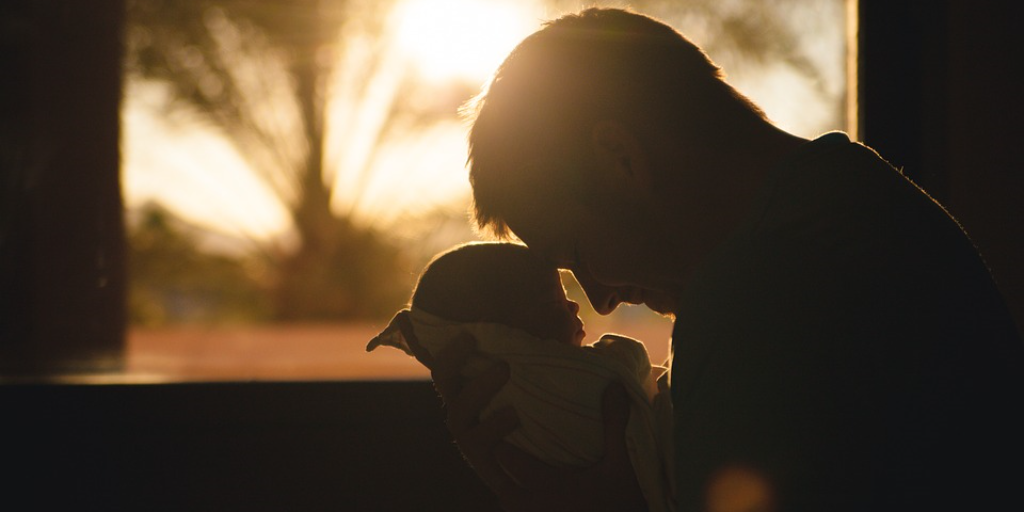This week I had the opportunity to guest lecture for first year midwifery students at De Montfort University (DMU). When I was first approached to do this I did wonder, am I the right person for this? I am not a trained midwife, I don’t know a huge amount about the medical elements of child birth or bearing a child. But then I asked myself what do I know? I know a great deal about creating LGBT+ inclusive environments where people feel welcome, safe and where they can be themselves. And I fundamentally believe that this is essential when you are bearing a child, giving birth or if you are there to support the individual doing so.
GENTLY CHALLENGING THE CONCEPT OF MOTHERHOOD AND BEING A MOTHER
As someone who spent three years supporting trans and non binary young people and those in early adulthood, I knew I wanted to gently challenge the notion of motherhood. Don’t get me wrong, I don’t want to erase it. Nor do I want to undermine it, downplay it or replace it. However, in order to be truly inclusive acknowledging that it isn’t only women who give birth is an important step.
In fact, the lecturer at DMU and the students themselves told me that they don’t call those giving birth, ‘patients’ or ‘service users’, but in fact ‘women’. Trans men and non binary people who are able to bear and birth a child are legally able to do so, and for me and many others this is a hugely positive step forward for the LGBT+ community. However, trans and non binary people might find elements of carrying and birthing a child challenging and in order to make their experience as positive as possible their needs must be acknowledged, addressed and validated. As only one example, using feminine or female terms such as ‘mother’, ‘mum’, ‘breasts’, as only a few examples, may cause the person to feel dysphoric. Good practice here would be to ask the individual what name they would like such as ‘father or simply ‘parent’.

ACKNOWLEDGEMENT WITHOUT ASSUMPTION
For the wider LGBT+ community, acknowledging someone’s identity without making assumption is hugely important. In fact, this is hugely important, not just in child birth but in all walks of life. As I always find myself asking, how do we really know someone’s sexuality or gender identity without them telling us? For example, if two women were to meet with a midwife as they are having a baby together, are they lesbians? Don’t get me wrong, as a lesbian myself I would much prefer someone assumed me and my partner are lesbians than sisters. However, these two women could in fact be asexual, pansexual, bisexual or any other identity. We simply don’t know without being told. Good practice here is to use inclusive language such as ‘partner’ and/or ask the couple how they would like to be referred to.
YOU DON’T HAVE TO BE AN EXPERT IN ALL THINGS LGBT+
From many of the experiences I have been told about from LGBT+ people engaging with health professionals, there have been occasions when staff may have felt apprehensive about working with a demographic they aren’t familiar with. It seems to me that for so many health professionals they want to be good at their jobs and they are good at their jobs. However, some people reported that when a health professional didn’t know the answer to a situation or didn’t know what to say they seemed ‘put out’ or defensive in some way. Of course, this isn’t every health professional, but even for the few this creates an unhealthy atmosphere and makes LGBT+ people feel negatively and in some cases angry and frustrated.
I fundamentally believe that when it comes to working with any demographic you don’t need to know everything about what it means to have that identity or what someone’s experiences have been (although of course it will help). What is important is asking appropriate questions sensitively, and acknowledging that you aren’t familiar with working with LGBT+ people. Equally important is following this up with open conversation about how you want to support someone giving birth in a manner that makes them feel safe and acknowledged. If this is done with all the traits any midwife should have; empathy, compassion and excellent rapport building skills – you are onto a winner!

TRAINING & AWARENESS ARE ESSENTIAL TO ENSURING POSITIVE EXPERIENCES
I contacted the Office for National Statistics (ONS) to find out how many LGBT+ people were having a baby; whether carrying themselves, having a surrogate deliver their child or in any other context. The ONS record ‘live births registered to same sex couples’ which is great progress but obviously with the breadth of identity within the LGBT+ community this is a bit limiting.
What they reported though blew me away. Between 2009 and 2017, the number of live births registered to same sex couples who are married or in a civil partnership has increased by 5068%; from 22 to 1137. Furthermore, live births registered to same sex couples not in a marriage or civil partnership has gone up a staggering 22400%; from 2 to 450.
For me LGBT+ inclusion is important regardless of how many people are having a baby. However, what this albeit limited data shows us, is that more LGBT+ people are having babies than ever before. With this in mind it is vital that midwives and healthcare professionals have access to training and are more aware of how to positively and inclusively support LGBT+ people so that they feel safe, visible and welcome.
If you are striving for LGBT+ inclusion and think I can help you with your training or guest lecturing needs, please do get in touch on 07825161003 or email [email protected]. Alternatively, you can find out more and get in touch via my website www.lisavine.com.